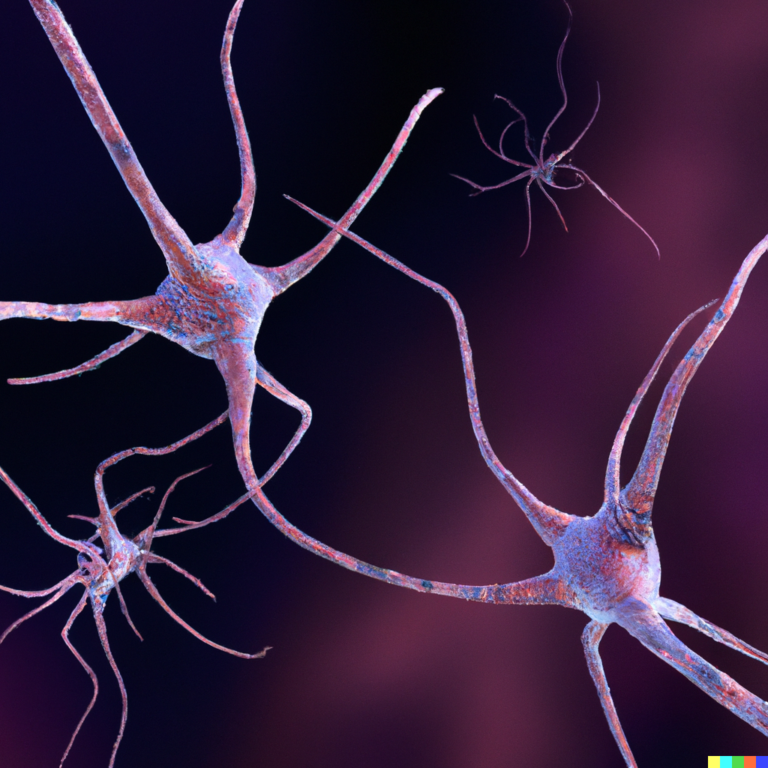Gabapentin is a medication used to treat a variety of conditions, including epilepsy, nerve pain, and sometimes even sleep disorders. While it can be effective, gabapentin also comes with a range of side effects that you should be aware of.
### Common Side Effects
Some of the most common side effects of gabapentin include:
– **Dizziness and Drowsiness**: Many people feel dizzy or sleepy after taking gabapentin. This is why it’s often recommended to avoid activities that require attention and alertness, like driving, until you know how the medication affects you.
– **Coordination Problems**: Ataxia, or problems with coordination and balance, can occur. This might make it difficult to walk or perform tasks that require precision.
– **Fatigue**: Feeling tired is another common side effect.
– **Swelling**: Some people experience swelling in their hands and feet.
– **Blurred Vision**: Changes in vision, such as blurred or double vision, can happen.
– **Dry Mouth**: Gabapentin can cause dryness in the mouth.
– **Fluid Buildup**: This can lead to swelling in various parts of the body.
### Less Common but Serious Side Effects
While less common, some serious side effects can occur:
– **Severe Allergic Reactions**: These are rare but can be life-threatening.
– **Suicidal Thoughts**: In some cases, gabapentin may lead to changes in mood or suicidal thoughts. If you experience these, it’s crucial to seek help immediately.
– **Difficulty Breathing**: When taken with other medications that slow down the brain, such as benzodiazepines or opioids, gabapentin can cause breathing difficulties.
### Withdrawal Symptoms
If you stop taking gabapentin abruptly, you might experience withdrawal symptoms. These can include:
– **Nausea and Vomiting**
– **Generalized Body Aches**
– **Sweating**
– **Palpitations or Increased Heart Rate**
– **Flu-like Symptoms**
– **Seizures**: If you’re taking gabapentin for epilepsy, stopping suddenly can lead to more frequent seizures.
### Overdose Risks
While gabapentin overdose is rarely fatal, it can still cause severe symptoms like extreme drowsiness, blurred vision, slurred speech, and severe coordination problems. If you suspect an overdose, seek medical help immediately.
### Long-Term Use Concerns
Long-term use of gabapentin can lead to dependence and withdrawal issues. It’s recommended to use gabapentin for the shortest duration possible and at the lowest effective dose, as determined by a healthcare provider.
Overall, while gabapentin can be an effective medication, it’s important to be aware of its potential side effects and to discuss any concerns with your healthcare provider.





